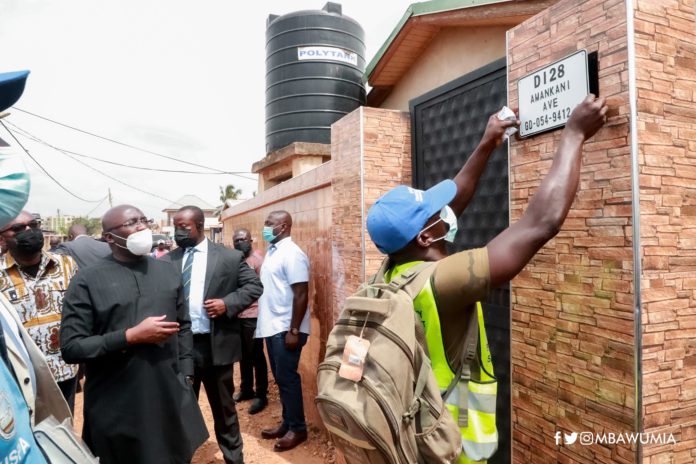The Vice President, Dr Mahamudu Bawumia, has inspected work on the ongoing installation of unique addresses on all 7.5 million property across the country.
The new addressing system, which leverages on the existing GhanaPost GPS system, is made up of a unique house number, street name, digital address and a QR Code containing the ownership and other details of the property, and is set to transform all aspects of national life.
The first phase of the project, which began under the erstwhile Ministry of Special Development Initiatives (MDSI) and is being continued by the Ministry of Local Government and Rural Development in collaboration with the Land Use and Spatial Planning Authority (LUSPA), will see four million property affixed with the new address plates, at no cost to the property owner. The entire project is expected to be completed next year.
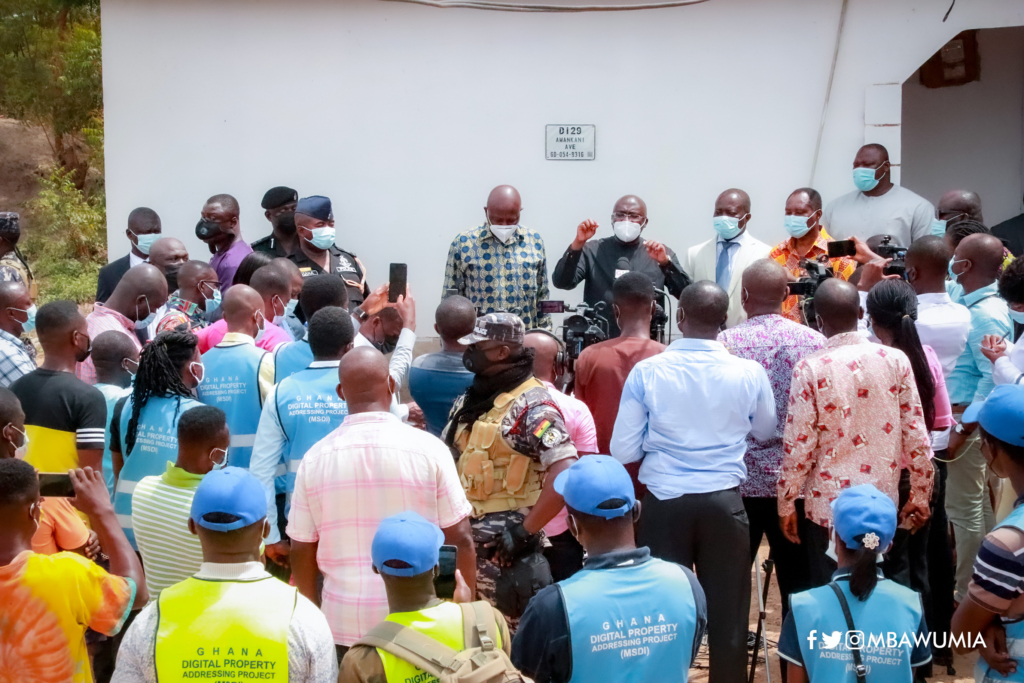
Accompanied by the Minister for Local Government, Dan Kwaku Botwe, the Managing Director of the State Housing Company, Kwabena Ampofo Appiah, and officials of LUSPA led by Owusu Sekyere, the Vice President interacted with residents who had already received their unique addresses and witnessed the fixing of plates onto property in the Adentan Municipality on Monday, April 12, 2021.
Describing the new system as “transformational”, Vice President Bawumia explained that a proper addressing system is the bedrock for accelerated national development, and is a key plan in the Akufo-Addo government’s vision to digitise the economy and all aspects of national life for the better.
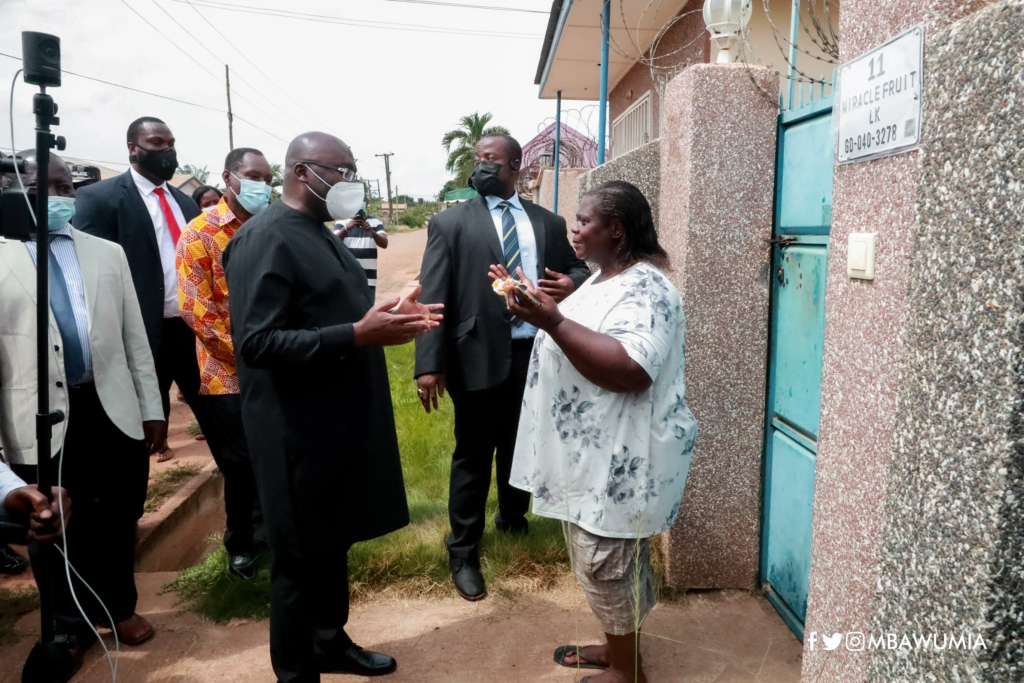
“The Government of Nana Addo Dankwa Akufo-Addo is trying to solve a major problem that has faced this country, and that is the address issue. There are so many property that do not have an address. That problem hampers development.
“If you do not have an address how do you get an ambulance to come to your house? How do you direct them? How do you get the Fire Service to come in your time of need? How do you get the Police if for example there is a robbery taking place? If you apply for a job, or a loan, and you don’t know your address, it becomes a problem.
“If you order goods on the internet, e-commerce, and they want to deliver to your home, you must be able to give an address. If you rent from a landlord and Rent Control wants to know where you are, you should be able to give an address.
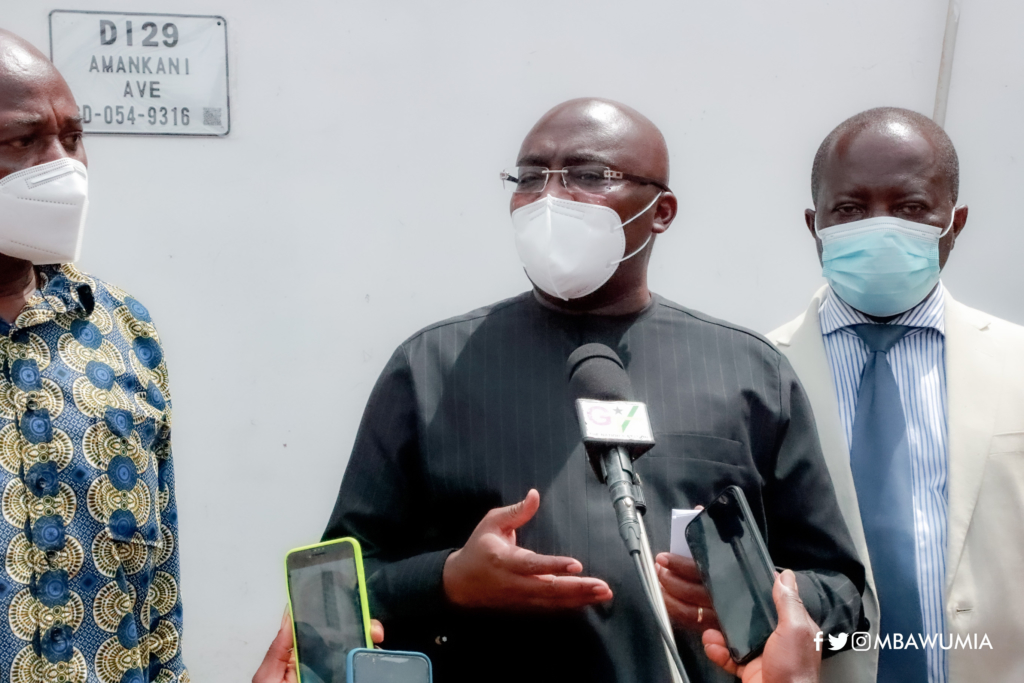
“So we decided that we should leverage on what we have already done in the context of the Digital Address System, to provide unique addresses to every house and property in Ghana. Land Use and Spatial Planning Authority has been working very closely with the Ministry of Local Government and the Assemblies.
“They have identified about 7.5 million property in Ghana, so the aim is to make sure that every one of these property has a unique address.
“The first phase of the project is what we are witnessing now. We have printed about four million of the address plates so far. What is also good is that so far we have, through the Ministry of Local Government and LUSPA, named every street in Ghana and this will go into the addressing system.”
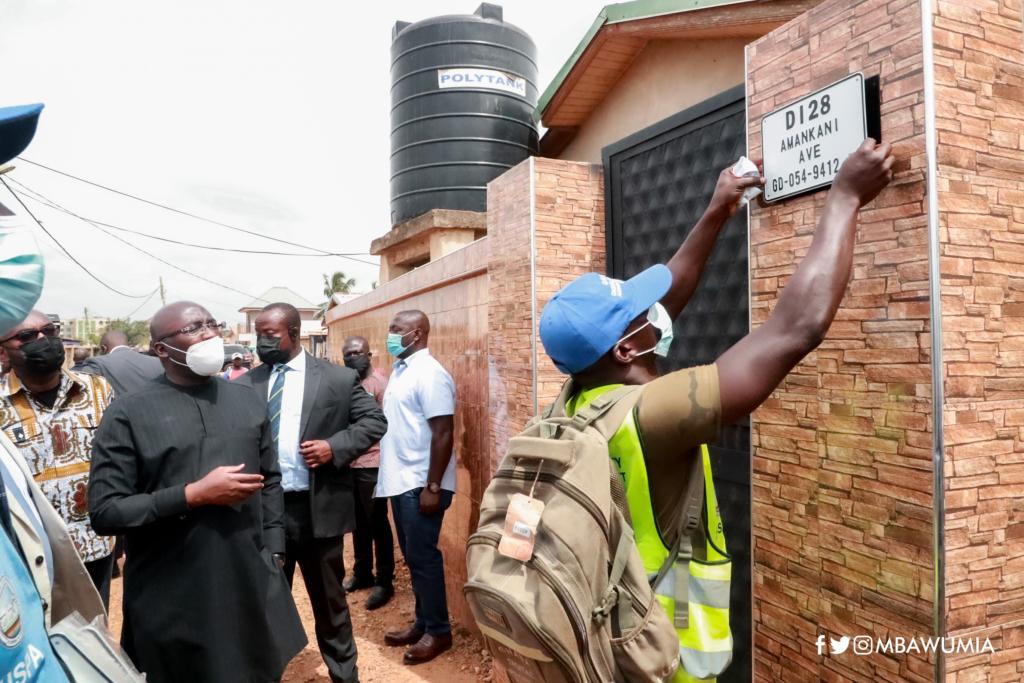
“This new addressing system” the Vice President emphasised, “is leveraging on the GhanaPostGPS digital addressing system to provide a unique house number, street name, digital address and a QR Code all embossed on a plate and affixed to the property to allow for easy identification.
“Every street in Ghana has been named, every property has an address, and in due course the plates will be affixed on them. The fixing of the plates is free.
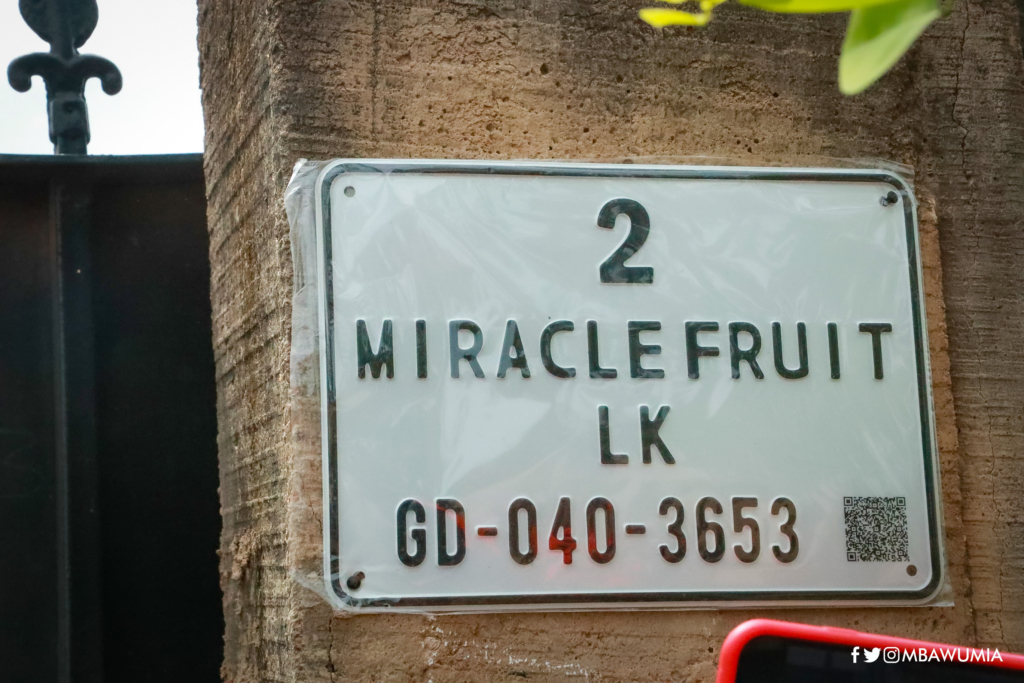
“This will provide us with a rich database for all property in Ghana, which, combined with data from the Ghana Card, will inform policy formulation and implementation,” he explained.
In a related development, Dr Bawumia has revealed that government is in talks with global addressing giant Google to upload Ghana’s digital address database onto the Google Maps platform to make location identification even easier.

